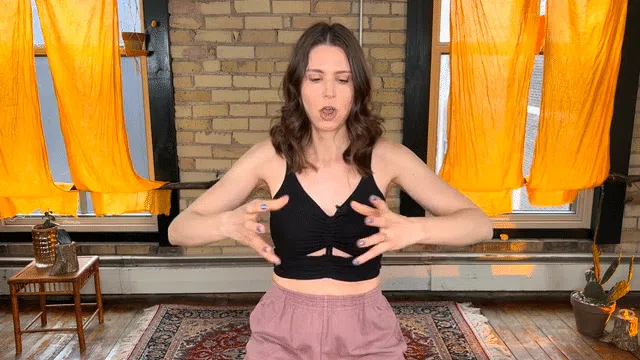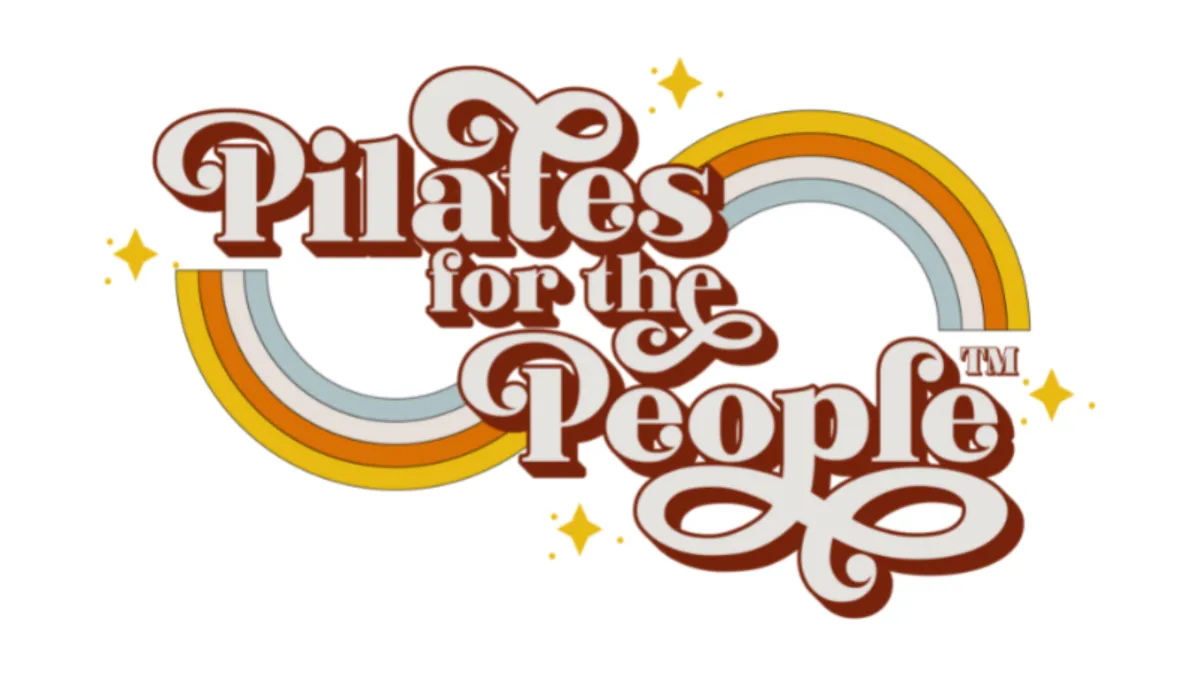May 9, 2022
When To Engage Your Core (And When Not To)
Why the 6-pack abs are not the gold standard of core engagement
It is just as important to relax your core as it is to engage it.
If you’ve ever had low back pain, hip pain, leg pain, or essentially any pain, you may have been given the advice to strengthen your core.
Before you jump into an ab workout, you should know that it's more than just doing crunches. Core strengthening isn’t just squeezing your core, but actually deeply engaging your core, and coordinating your breath as well.
What are the benefits of practicing dynamic core engagement?
∙To better support your organs
∙To create movement in your trunk and spine
∙To resist external pressure
∙To improve your spinal mobility, provide spinal support, and facilitate axial (spinal) elongation
∙To improve movement throughout your entire body
∙To assist in your digestion
Just like any other muscle in your body, if your core muscles never get the chance to relax they will become tight and over time your core will become weak. This is why you don’t want to constantly squeeze your abdominals to strengthen your core. It is just as important to relax your core as it is to engage it.


The 6-pack abs are not the gold standard. While your rectus abdominis (6-pack) is important, the transverse abdominis is often overlooked. The transverse abdominis is the deepest layer of the core, it is the muscle that hugs your internal organs and gives your spine the most support.
There are times when engaging your core can be very helpful and other times engaging your core may actually be, at best, a waste of energy. While there are many benefits to building core strength, it is not always imperative that you consciously need to “make” your core engage during physical activity. By improving the muscle tone in your core, your core will begin to work in synchronicity with the rest of your body, creating movement that is functional for you.
Examples of when engaging your core may be helpful:
∙Lifting something heavy
∙Extending your spine (backbends)
∙Balancing on one leg
∙Moving towards your end range of mobility
∙Stretching
∙Walking
∙Running
∙Dancing
∙Projecting Vocally
Examples of when engaging your core may be counterproductive:
∙Sleeping
∙When your nervous system is stuck in fight-flight-freeze
∙When you are having a heart to heart with someone
∙While you are cuddling with a human or pet
∙While you are eating
∙While you are taking deep belly breaths
∙Walking
∙Running
∙Dancing
∙Projecting Vocally
You may notice that these two lists have some crossover! There is not a one size fits all answer for when to engage your core. With a continuous movement practice, you will learn for yourself when your body does best with core engagement and when it’s best to allow your core to be expansive.
Check out our 15-minute Ab Challenge!
.
ZE MOVES
Feel | First | Movement
1:1 VIRTUAL BREATHWORK SESSON
10X 1:1 VIRTUAL MOVEMENT SESSIONS WITH ONE OF OUR FOUNDERS
BONUS! UNLIMITED ACCESS TO OUR ON-DEMOND MEMBERSHIP PORTAL
.
ZE MOVES
Feel | First | Movement
1:1 VIRTUAL PRE/POST NATAL MOVEMENT SESSION
1:1 VIRTUAL BREATHWORK SESSION - 45 minutes
© Pilatesforthepeople.CO | ALL RIGHTS RESERVED | TERMS & CONDITIONS | DISCLAiMER | Privacy | intellectual property notice

